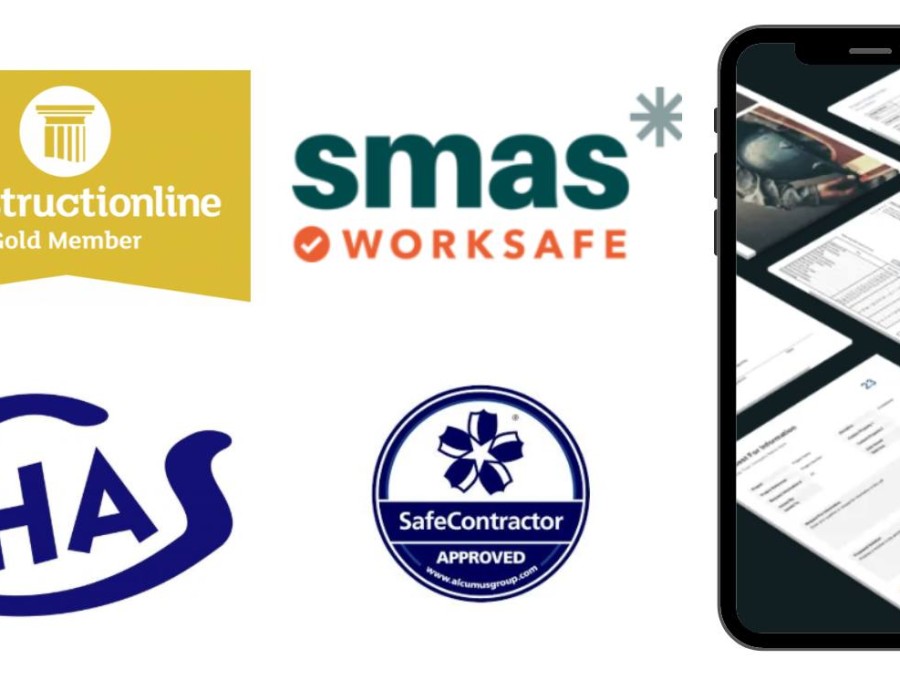In the construction industry, safety is paramount. Every project, big or small, requires strict adherence to health and safety standards to protect workers and prevent accidents. That's where CHAS comes in—the health and safety accreditation that sets the gold standard in the construction industry.
CHAS, or Contractors Health and Safety Assessment Scheme, is an accreditation for the construction industry. This blog explores CHAS accreditation and its connection to industry standards such as Safety Schemes in Procurement (SSIP), PAS 91, and the Common Assessment Standard (CAS). We will also address the benefits it brings to contractors.
What is CHAS?
CHAS UK, which stands for Contractors Health and Safety Assessment Scheme, is a vital accreditation in the construction industry. It improves safety compliance, risk management, and best practices.
CHAS was developed in 1997 by a group of health and safety professionals to improve health and safety standards across the sector. Today, it is recognised as one of the leading accreditation schemes in the industry.
Why is CHAS so important?
CHAS accreditation enhances safety compliance and risk management in the construction industry. It demonstrates a contractor's commitment to best practices and safety compliance, opening doors to work opportunities and business growth.
Becoming a CHAS-accredited contractor is not a legal requirement for construction workers. However, some clients, such as public sector contracts, will only use CHAS-accredited contractors.
Benefits of CHAS Accreditation
CHAS accreditation offers various benefits to contractors, including client trust, increased work opportunities, and improved competitiveness. It proves a commitment to health and safety compliance, giving it a competitive edge.
CHAS Health and Safety helps with:
- Trust and Commitment: CHAS accreditation reflects a contractor's dedication to health and safety, facilitates client trust and secures more work opportunities.
- Amplifying Work Opportunities with Local Authorities: CHAS accreditation opens doors to local authority contracts, increases visibility, and demonstrates health and safety compliance, leading to more work opportunities.
- Enhancing Work Prospects: CHAS accreditation boosts credibility, competitiveness, and access to new work opportunities, contributing to business growth.
- Proof of Health and Safety Compliance: CHAS accreditation proves a contractor's commitment to health and safety compliance, enhancing credibility and trust.
- Streamlined Tender Processes: CHAS makes life easier for both buyers and contractors. It saves buyers time by streamlining contractors' health and safety standards assessments. For the contractor, it cuts down on the paperwork of providing detailed health and safety information for every project you bid on.
In conclusion, obtaining CHAS accreditation is crucial for contractors and businesses in the construction industry. With the government's emphasis on health and safety best practices, prioritising safety compliance in construction projects becomes even more important.
The qualifications required for CHAS accreditation vary depending on the size of your business.
By obtaining these qualifications, businesses can not only meet the requirements for CHAS accreditation but also ensure the safety and well-being of their employees. With proper training and knowledge, they can effectively implement health and safety measures on construction sites, reducing the risk of accidents and injuries.
Furthermore, CHAS accreditation can open doors to new business opportunities. Many organisations, especially large companies and government agencies require contractors to be CHAS accredited before they can bid for contracts. By obtaining this accreditation, businesses can access a wider range of lucrative contracts and increase their chances of securing profitable projects.





Comments